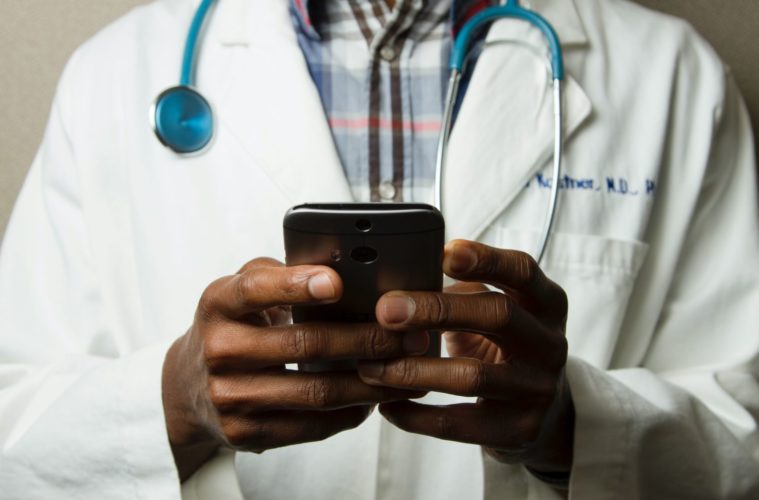What do you know about health literacy? This article is designed to give you a framework to advocate for yourselves and loved ones as we forge on in this pandemic. According to HealthyPeople.gov, “A number of factors may influence an individual’s health literacy, including living in poverty, education, race/ethnicity, age, and disability.” The Healthy People article is a summary of research articles that sought to identify determinants of health throughout the lifespan for specific social groups.
Health literacy is a complicated learning process that has to do with being prepared to ask appropriate questions and to navigate the current U.S. healthcare system. Adding to these obstacles are cultural and language barriers. Be aware that politicians control dissemination of consumer education and health literacy programs in our society, particularly for public healthcare programs at the federal, state and local levels. Consequently, politicians, or even healthcare providers, can unintentionally provide barriers to positive outcomes in American’s healthcare system. The solution may depend, to a great extent, on personal advocacy, whether for ourselves or family members.
Let’s look at ways you may increase your health literacy and, thereby, improve self-advocacy:
5 Ways to Increase Health Literacy
1. Bring a list of symptoms, experiences, questions or research you have done to your medical appointments, and remember your medical professionals are people you hire to help you take care of your body. It’s their job to listen, answer your questions and educate you. (You can always seek second opinions.)
2. Be open with your friends, family members or trusted sources to share what you may be dealing with and ask them for their perspective or support regarding your health. (There may be someone in your network with answers that are experiential, which is another way to increase health literacy.)
3. Speak up if you do not understand your medication(s), treatment(s), diagnosis, or if you require accommodations for hearing loss, visual impairments, language barriers or physical limitations that impact your ability to comply with treatment plans. It is normal to be repetitious with a receptionist, medical assistants, nurses, office managers and even your physician regarding your need to participate in your own healthcare decision-making. (You almost always know your own body needs, and, naturally, care the most about your own health.)
4. Beware of false information, e.g., health education dedicated to selling you a product, and always fact check with a reliable source. (Online searches may lead you to unqualified resources.)
5. Educate yourself if you, a family member, or a friend survive COVID-19. Do this by reading an article that the Mayo Clinic produced on common chronic conditions survivors are learning to live with. It is important to ask your Primary Care Practitioner or Hospitalist if you have any of these conditions.
Health literacy is a skill that you develop and strengthen over time; it enhances personal choices and provides invaluable insights. The above listed options are tools to improve encounters with healthcare administrators, professional providers and their teams, modern hospital settings and online public health information. In short, health literacy is a means to an end: developing the inner strength to advocate for yourself or a family member by actively participating in acute, chronic and long-term care decision-making. If you have questions, or comments about this article, please contact the authors at usc.rxxlab@gmail.com.
Erin Crutcher, MSG Candidate, Research Assistant; Mengzhao Yan, MA, Senior Lab Assistant; George Shannon, MSG, PhD; Director, USC Rongxiang Xu Regenerative Life Science Lab (RxX Lab).
Advertising disclosure: We may receive compensation for some of the links in our stories. Thank you for supporting LA Weekly and our advertisers.

